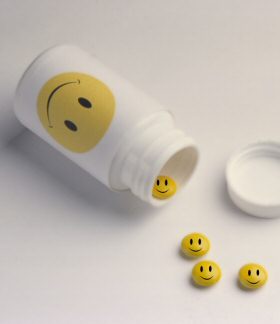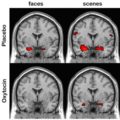
Rates of depression in younger people have steadily grown to outnumber rates of depression in older populations and researchers think it may be because of a loss of healthy bacteria contributing to an inflammatory response in the brain.
Emory University professor Charles Raison and other neuroscientists explore the possible link between cleanliness and depression in the current issue of theArchives of General Psychiatry. Their hypothesis builds on other research suggesting that depression may be the outcome of an inflammatory response occurring in the brain.
In an effort to pinpoint potential triggers that might lead to this inflammatory response, researchers are taking a close look at the immune system of people living in the Western World. Raison says there is mounting evidence thatdisruptions in ancient relationships with microorganisms in soil, food and the gut may contribute to the increasing rates of depression.
Experiments are currently being conducted to test the efficacy of treatments that use properties of these “old friends” to improve mental states. “If the exposure to administration of the ‘old friends’ improves depression,” the authors conclude, “the important question of whether we should encourage measured re-exposure to benign environmental microorganisms will not be far behind.”
Related:
A biomarker for suicidal tendencies?
Our Love Affair With Depression
Do antidepressants work through personality change?
Inventing Illness
Dr. Raison discusses his hypothesis








Comments are closed.